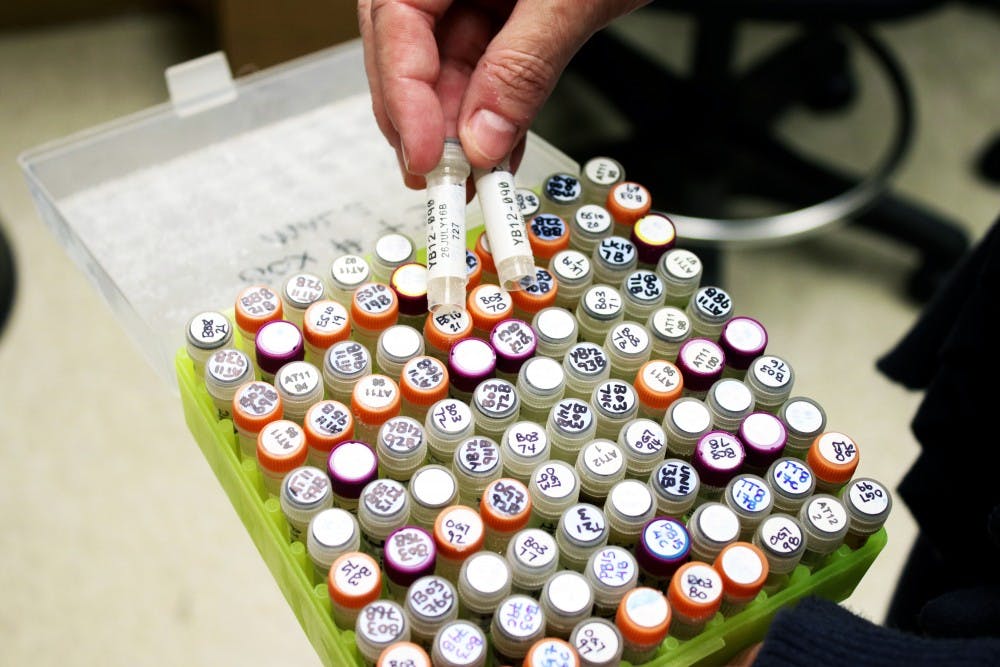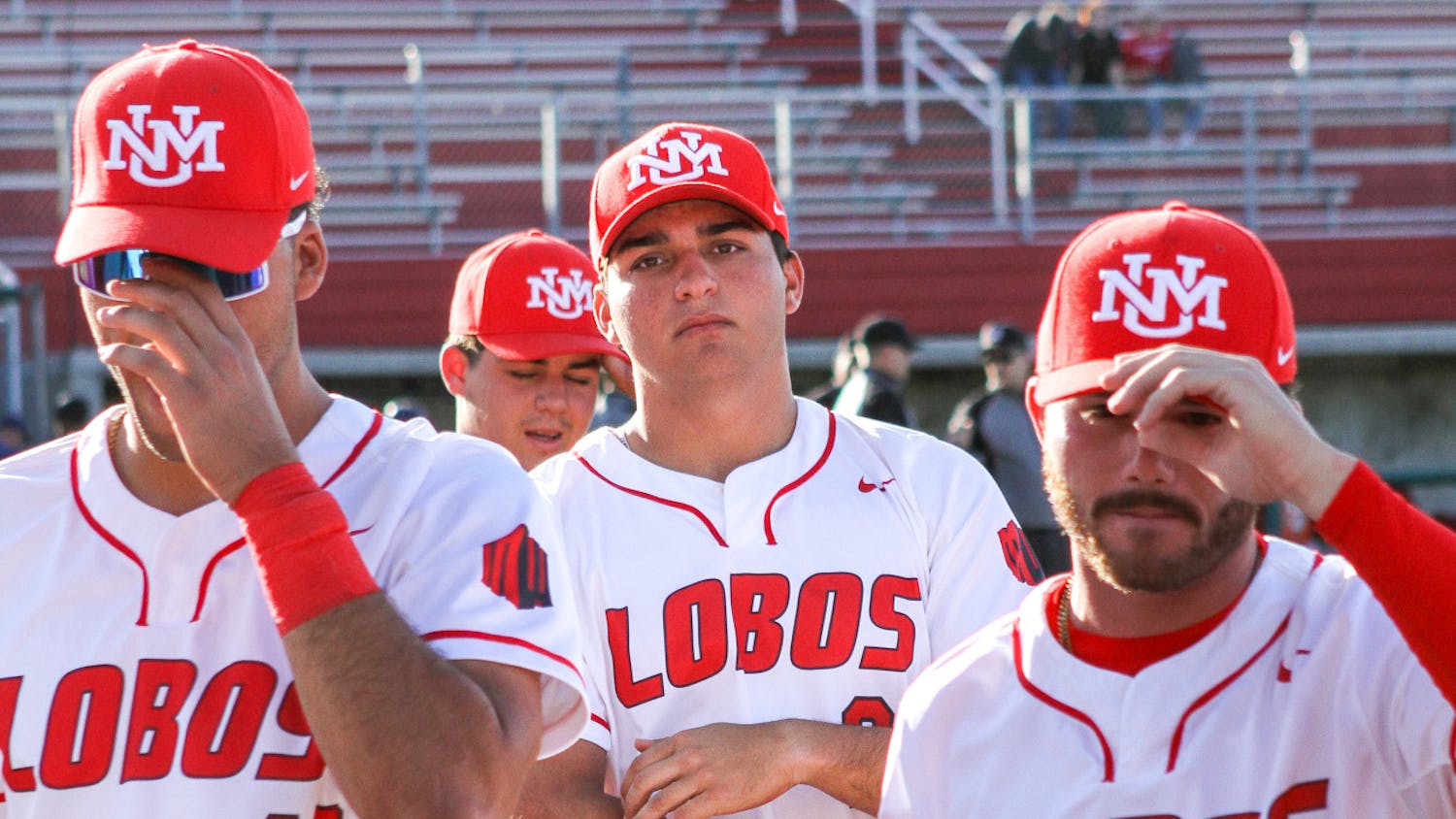Chimpanzees are an endangered species, with their continued survival relying on new knowledge of health and ecological change, according to UNM researchers.
That’s where the Hominoid Reproductive Ecology Laboratory at UNM comes in.
“Our project has been leading the way in demonstrating that research, which is completely non-invasive, can yield an incredible amount of detail on health and behavior,” said Melissa Emery Thompson, an assistant professor of anthropology and co-director of the HREL. “This is valuable for understanding the chimpanzees, but also for retracing the evolutionary processes that have shaped human biology.”
The 9-year-old HREL collaborates with the Kibale Chimpanzee Project by analyzing hormones in urine samples, showing stress, reproductive function, energetic status and immunological health, Thompson said.
Since 1987, the Kibale Chimpanzee Project has studied behavioral traits among 55 wild chimpanzees in Kibale National Park in Uganda.
Being a part of the project — a collaboration between UNM and Harvard — has been a pleasure for Drew Enigk, a doctoral candidate in the evolutionary anthropology graduate program at UNM.
Enigk said he completed fieldwork observing wild chimpanzees in Kibale National Park, and although he has not spent time in the lab recently, he analyzed chimpanzee testosterone in the lab in the past.
He said he studied the samples in sets of 144, two days at a time.
With over 30,000 urine samples gathered over the years, UNM currently stores the most chimpanzee urine samples in the world.
“For many years, I have traveled to Uganda twice per year to transport samples back in coolers with freezer packs. More recently, Dr. Thompson has been doing the same,” said HREL co-director Martin Muller.
Thompson said that since analysis usually requires little material, roughly 2,000 small vials of urine and fecal samples arrive in Albuquerque after each trip.
The accessibility of high-caliber equipment in the HREL and “unparalleled professional training” by Thompson helped Enigk use his dissertation to predict how chimpanzee testosterone levels are connected to male chimpanzees’ social adaptations, he said.
Get content from The Daily Lobo delivered to your inbox
Thompson said the center is presently studying the development of young chimpanzees.
That includes examining how physical growth and behavioral development are influenced by factors such as energy availability and maternal stress, she said. They are also studying physiological changes that occur during the aging process, since wild chimpanzees can live to be 50 years and older.
“Our lab also works with other scholars on campus, such as evolutionary psychologists and medical researchers, who are interested in developing new research studies that involve non-invasive approaches, such as saliva collection,” she said.
Muller said UNM has one of the best programs in evolutionary anthropology in the country, which, apart from being a native New Mexican himself, drew him to UNM from Boston University.
The lab has already made some novel finds, with the HREL discovering that some chimpanzee mothers reproduce quicker and produce milk more easily for their infants with better access to resources, according to Thompson.
Side effects from this also include improvements in habitat food quality and unusual nurturing habits by mother chimps.
The lab has also developed some novel approaches to studying the “energetic condition” of chimpanzees.
“(It) is important because we cannot weigh them, but we are interested in how diet and activity influence social behavior and reproduction,” Thompson said.
Enigk said Muller and Thompson push him to put his “best foot forward” in the graduate program.
“They have a patient and supportive approach when teaching laboratory techniques and helping me work through complex concepts and analyses central to my dissertation,” he said. “Their tireless work ethic has inspired me to accomplish more than I had ever thought possible when I first began the PhD program at UNM in the fall of 2012.”
Enigk added that the work at HREL greatly benefits the entire academic community’s understanding of the biology and behavior of humanity’s closest living relatives.
“Not only does the Hominoid Reproductive Ecology Laboratory receive national and international recognition,” he said, “but it generates many applications from high quality, motivated prospective graduate students in the evolutionary anthropology subfield each year.”
Elizabeth Sanchez is a reporter for the Daily Lobo. She can be reached at news@dailylobo.com or on Twitter @Beth_A_Sanchez.






